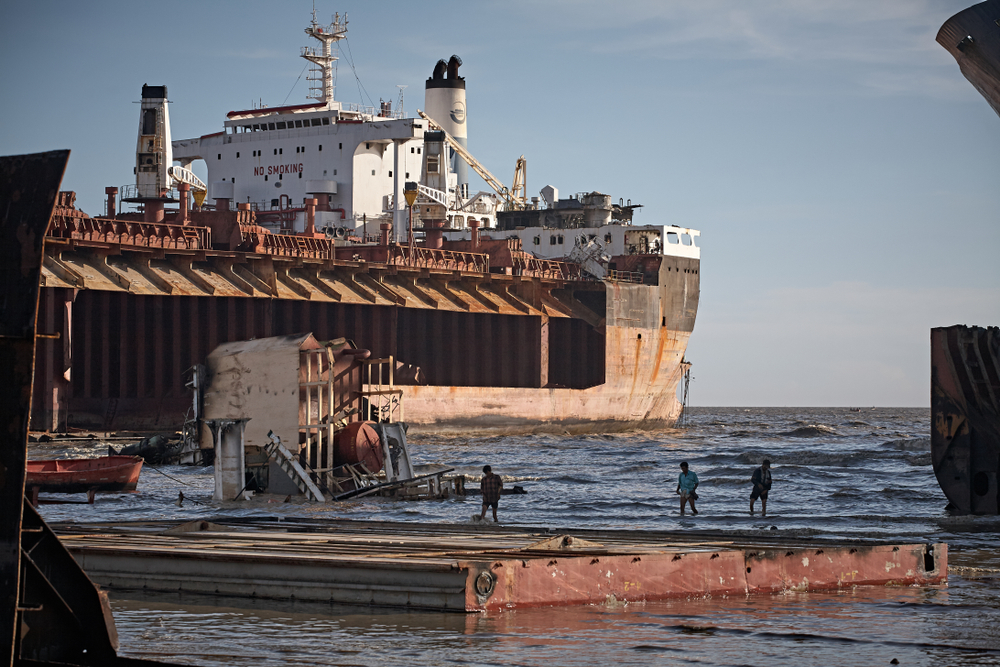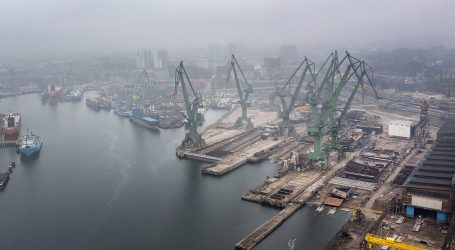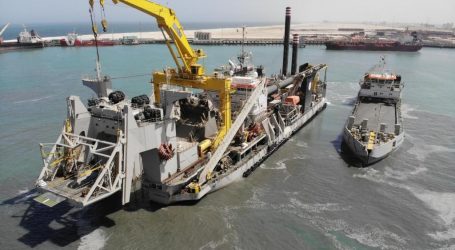Changes needed in shipbreaking sector
A total of 443 ocean-going commercial vessels and offshore units were sold for scrap in 2022, according to data released by environmental NGO Shipbreaking Platform.
“Shipping companies are taking advantage of minimal environmental and safety enforcement in South Asia to maximise profits and make millions of dollars more by selling obsolete vessels to the scrap beach, where vulnerable workers, local communities and ecosystems pay the price for dirty and dangerous scrapping,” states the NGO Shipbreaking Platform report.
Thus, of the 443 ships listed, as many as 292 are end-of-life tankers and bulk carriers, among others, that have ended up on scrap beaches in Bangladesh, India and Pakistan. The NGO Shipbreaking Platform’s latest report shows that while South Asian yards have seen their lowest turnover in more than a decade, with a significant drop in the number of scrapped ships, they have remained the preferred destination for end-of-life vessels.
80 per cent of the world’s fleet is still scrapped on the beaches of South Asia. This demonstrates the urgency for change towards more sustainable and safer methods.
In 2022, at least 10 workers lost their lives and 33 were injured while scrapping ships on a beach in Chattogram, Bangladesh. Local sources also report three deaths in Alang, India, and three injuries in Gaddani, Pakistan.
– End-of-life ships are hazardous waste, and dismantling them on beaches in the intertidal zone is by far the worst industrial practice, says Ingvild Jenssen, executive director and founder of the NGO Shipbreaking Platform.
Although there are environmental and labour laws that regulate shipbreaking, these are cleverly circumvented by shipowners. Scrap dealers pay the highest price for end-of-life ships and usually change the name, registration and flag of the vessels on their final voyage to the beach yard.
According to the report, more than half of the ships sold to South Asia in 2022 have changed flags often weeks before they hit the beach. At least eight of these flag changes enabled shipowners to circumvent the EU Ship Recycling Regulation, the report found.
Source: PortalMorski.pl




